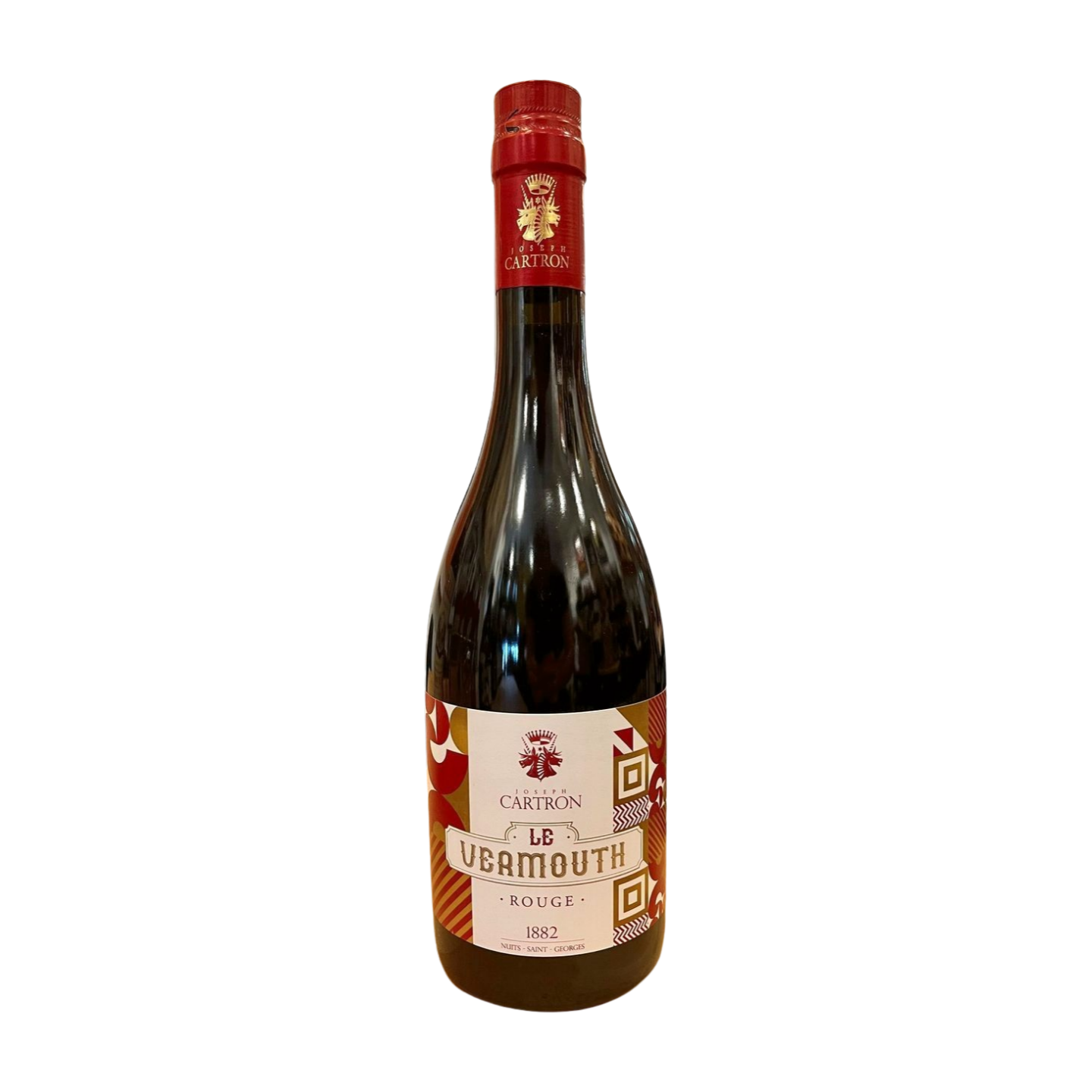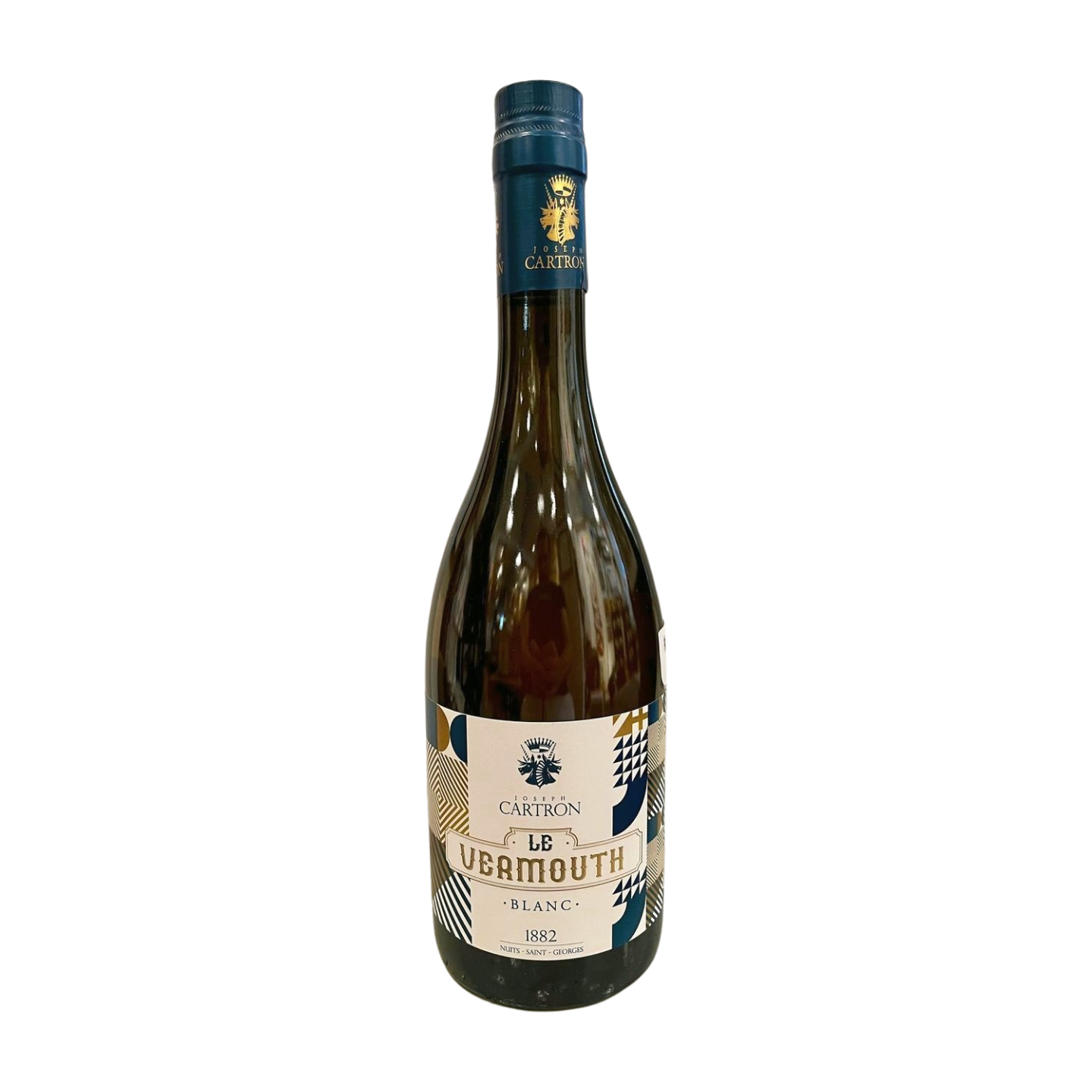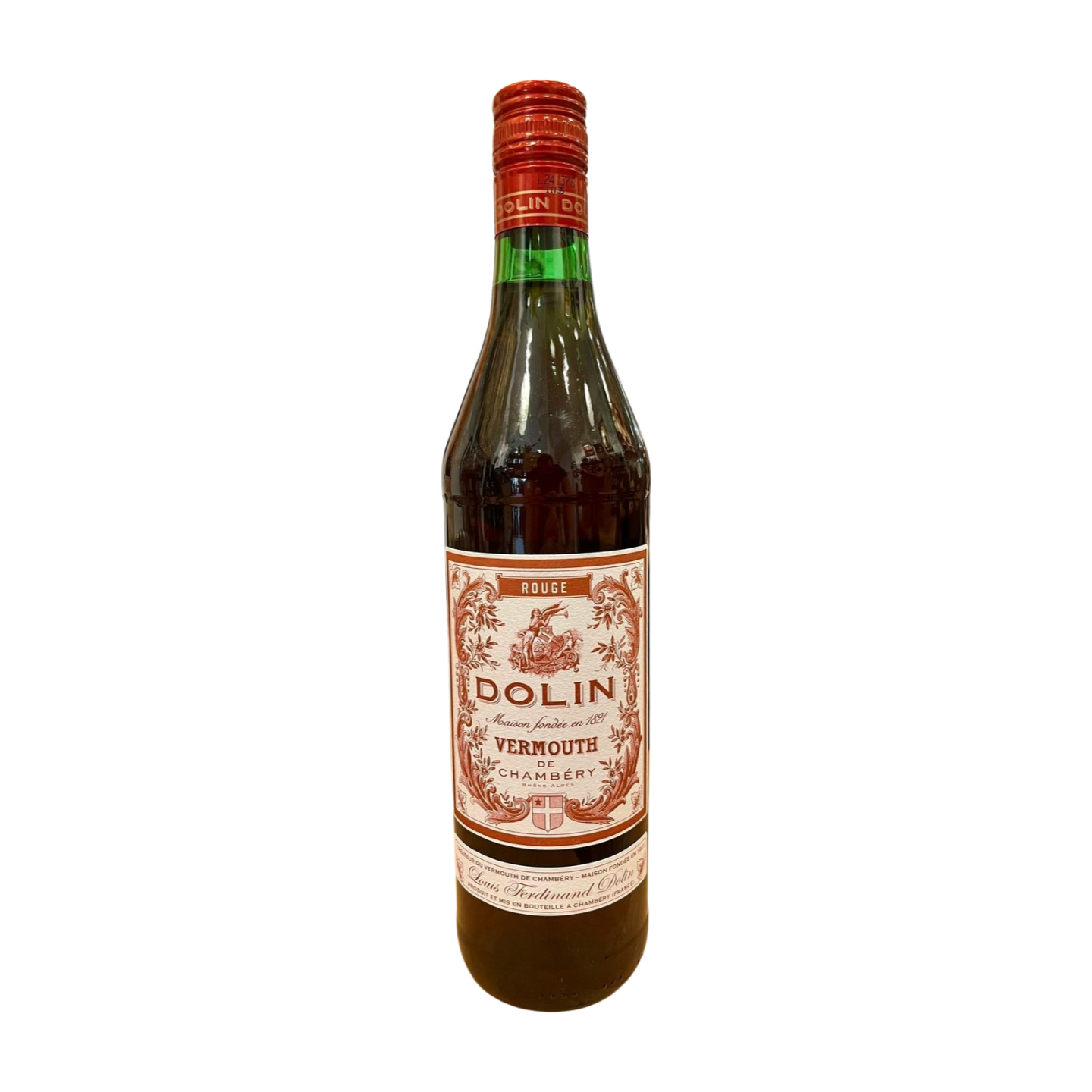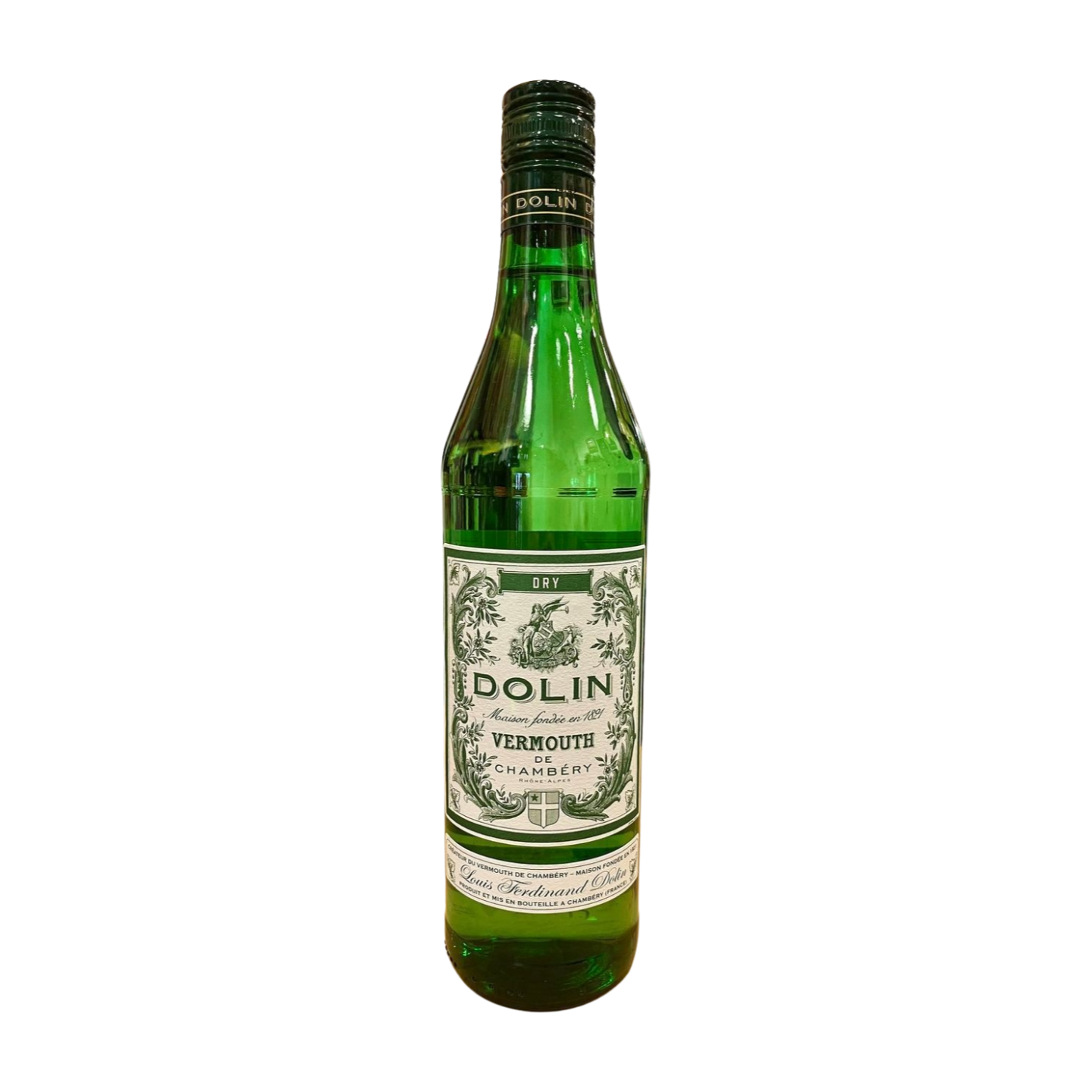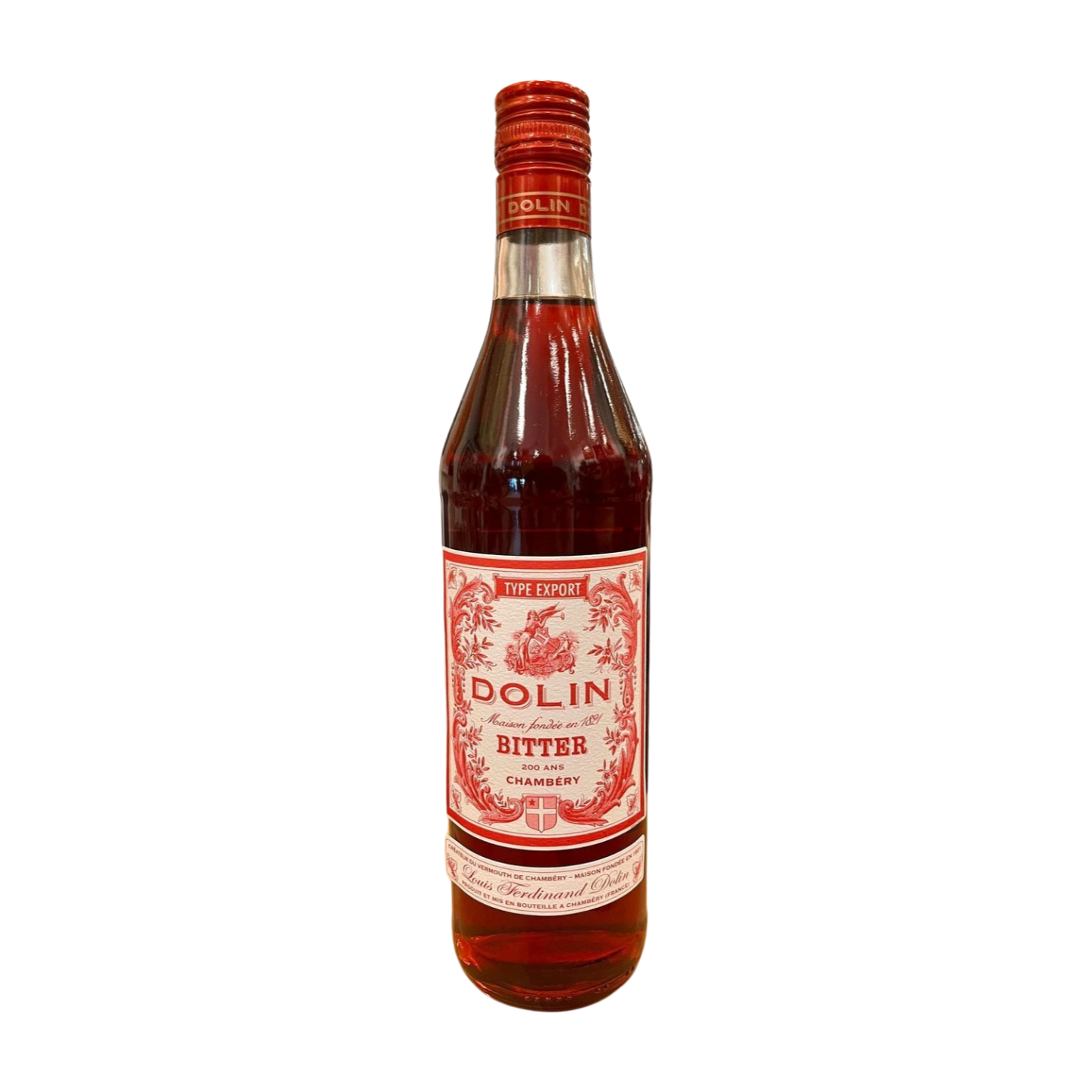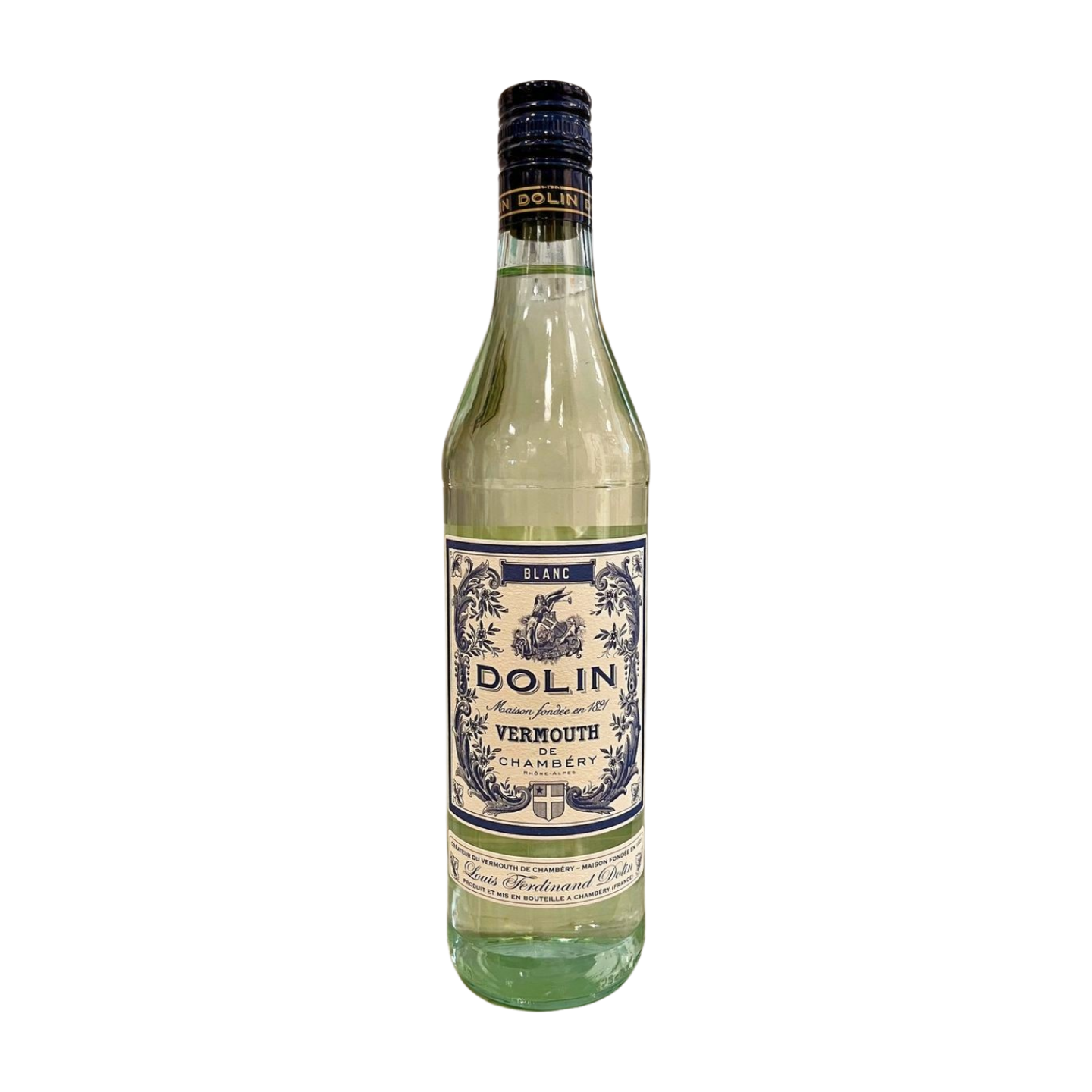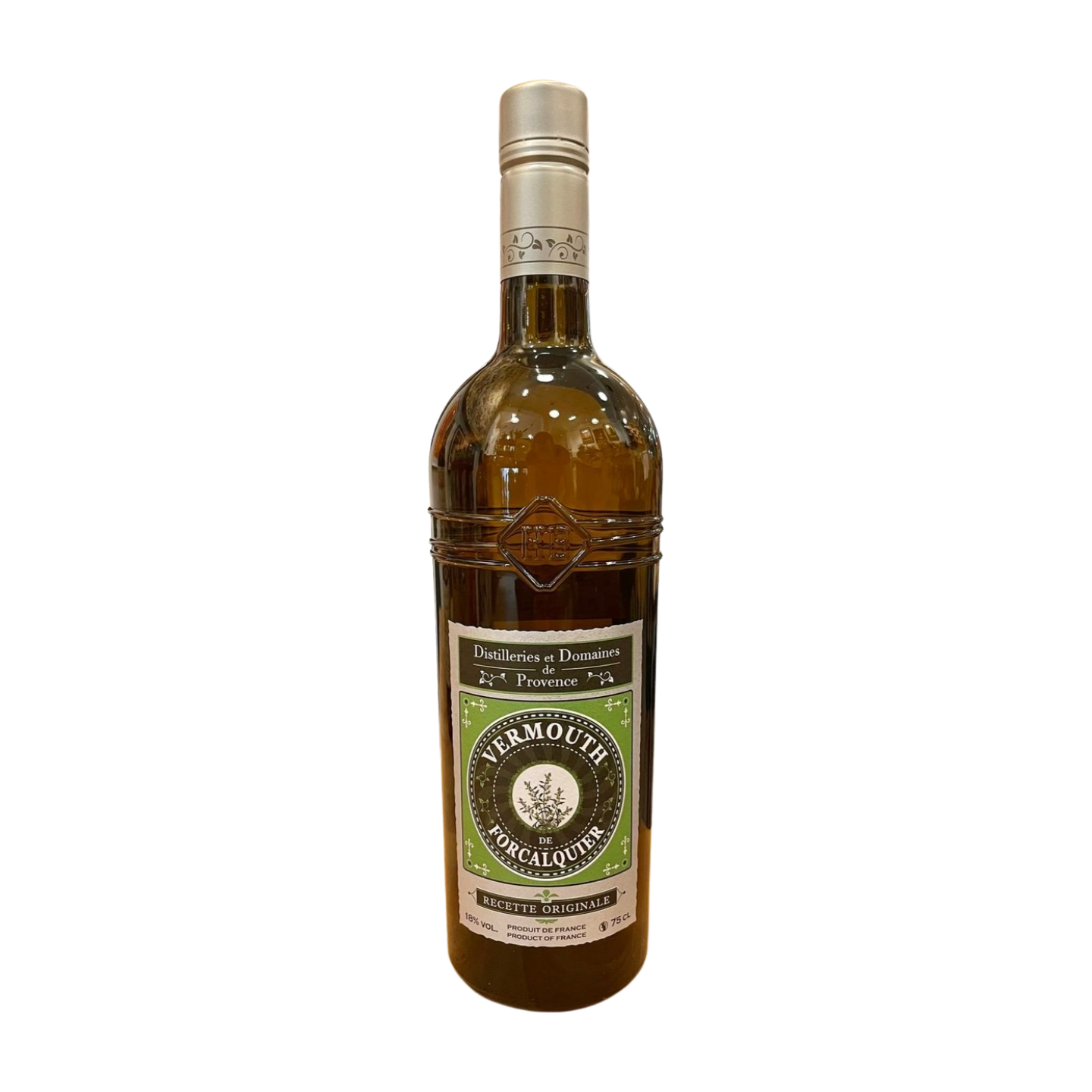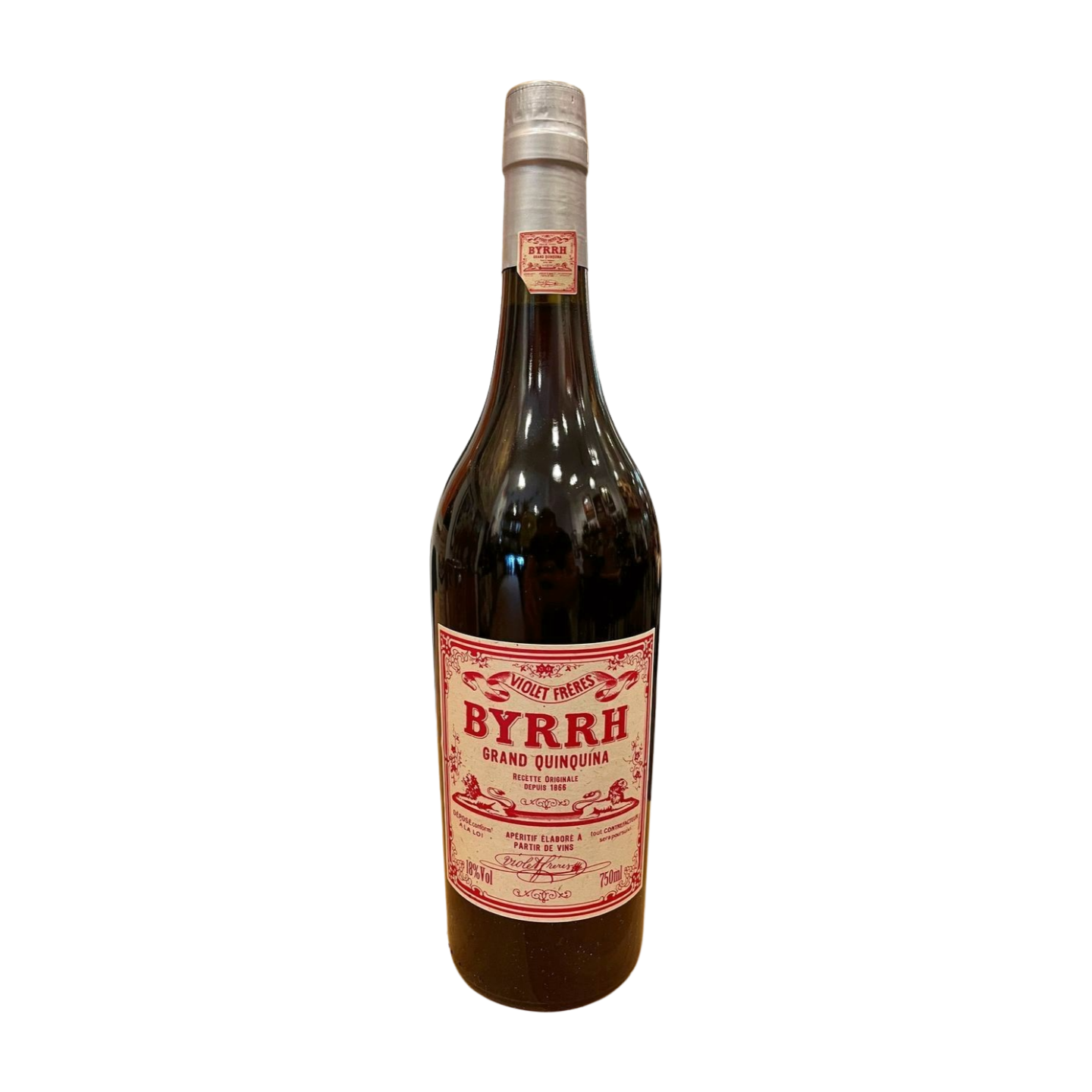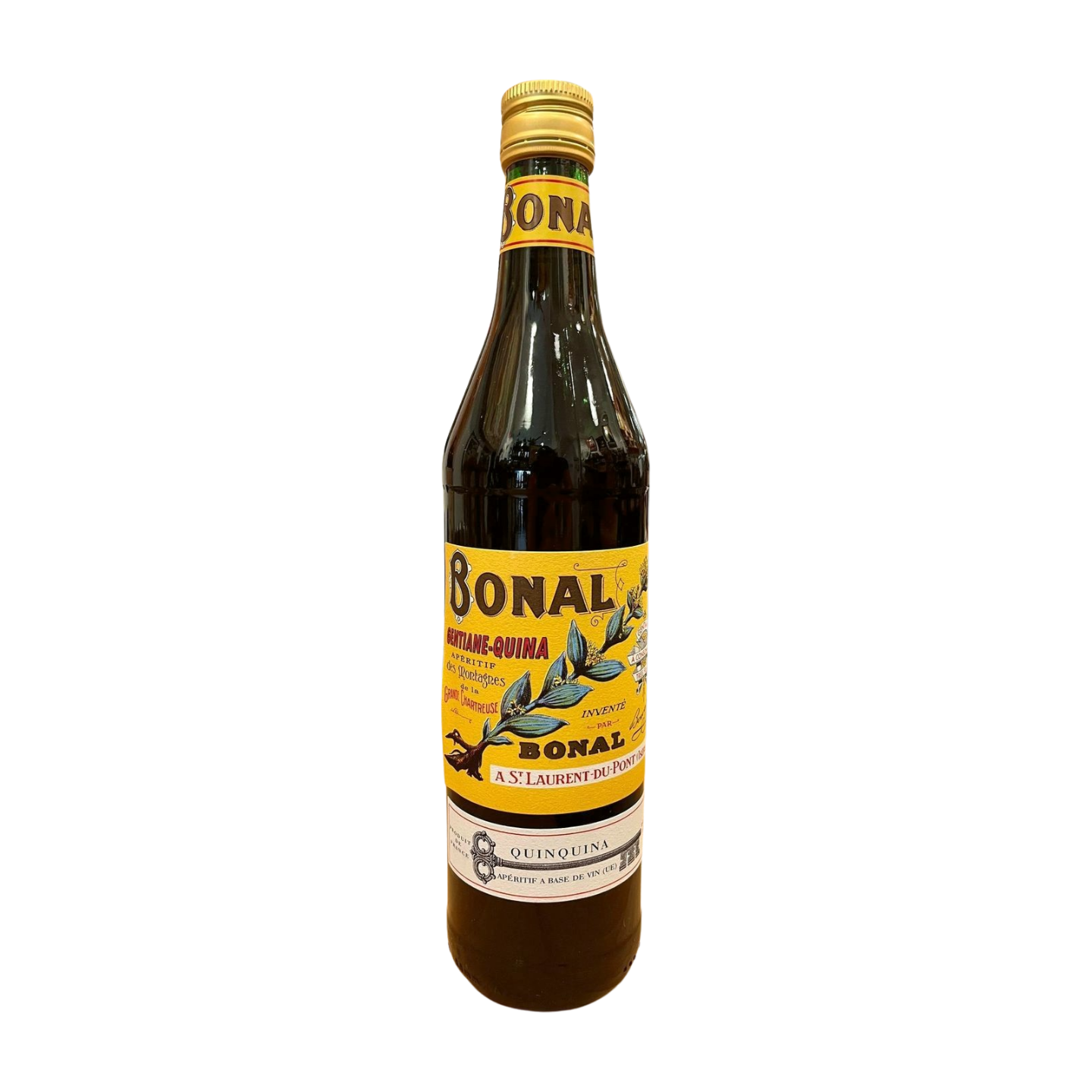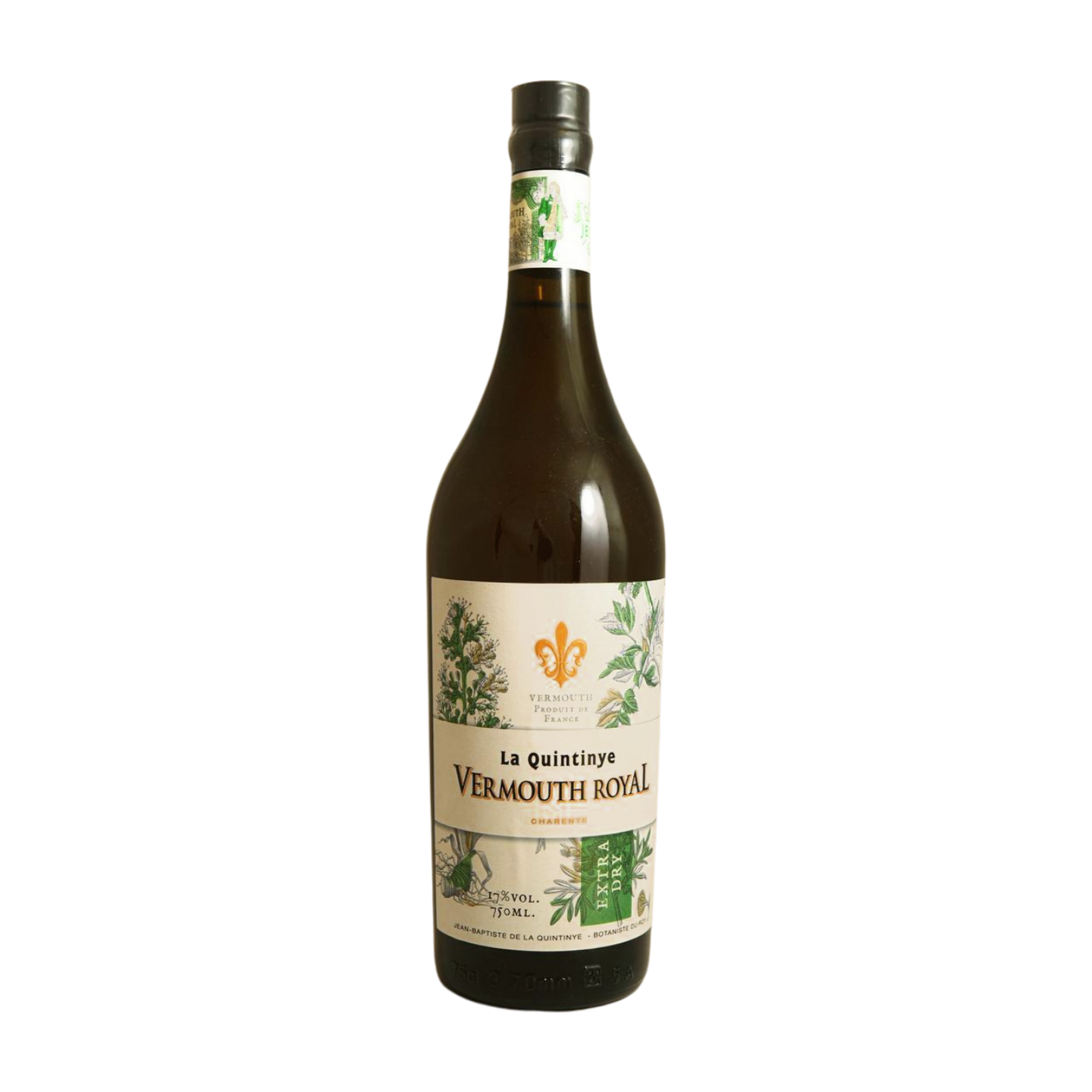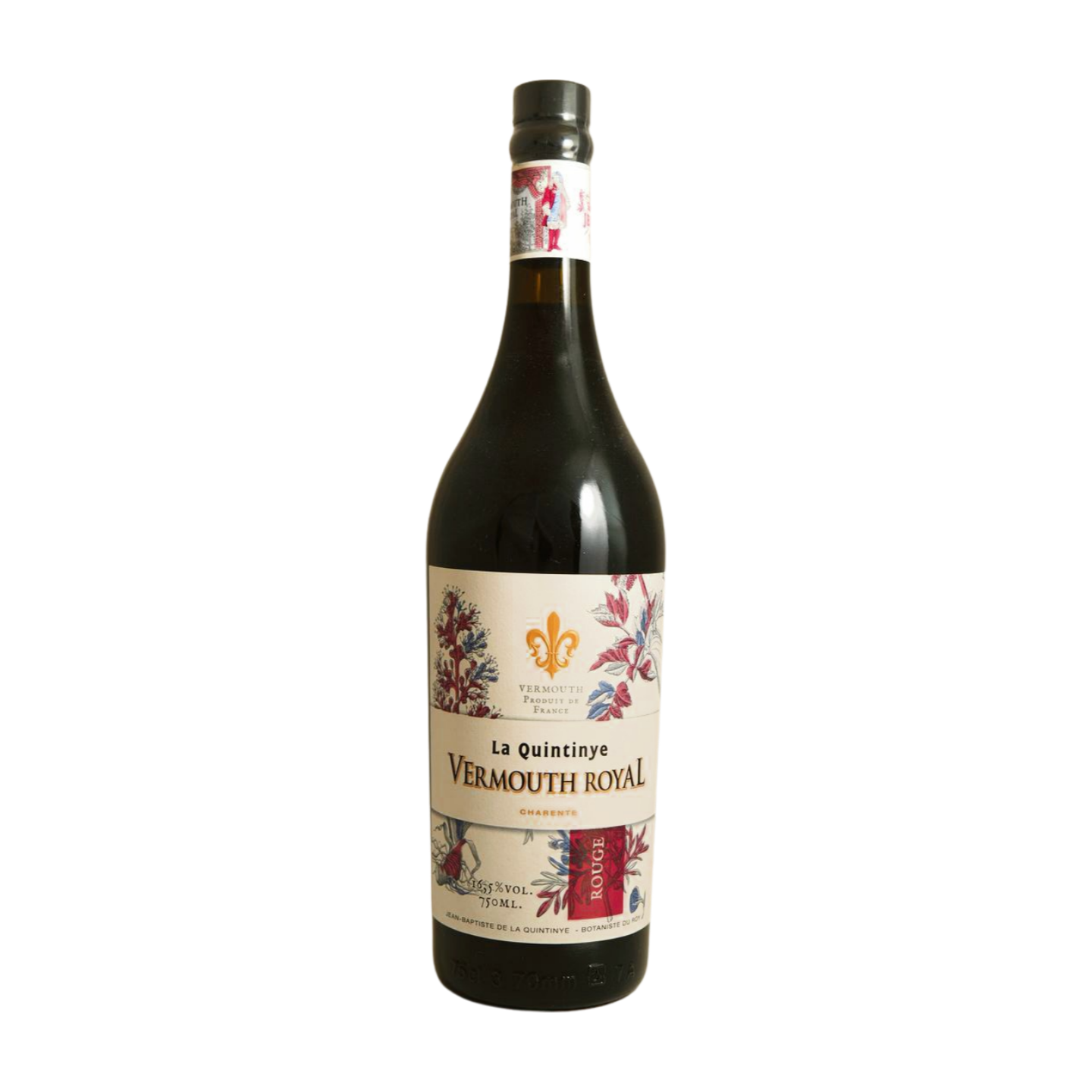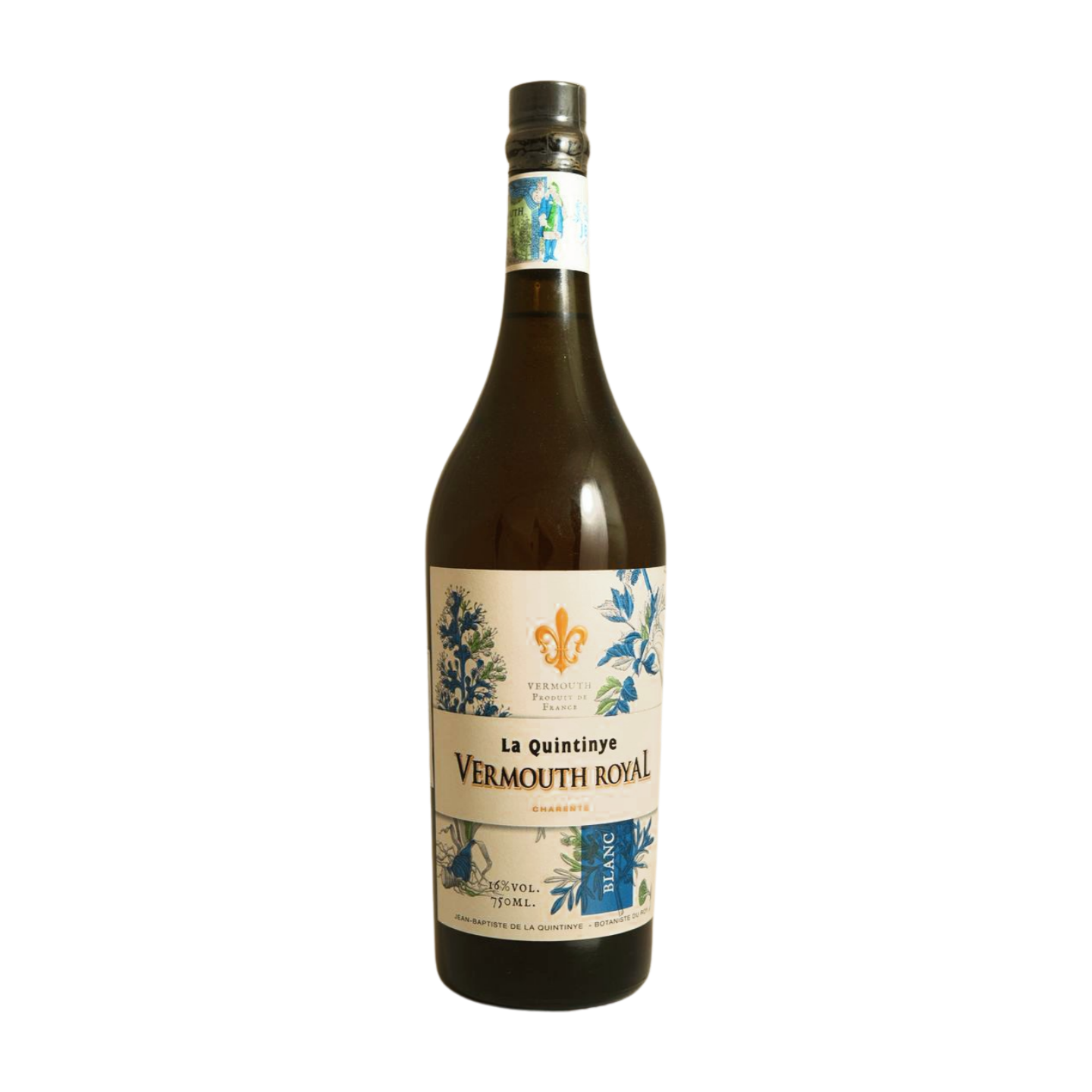French vermouth is a distinctive category of aromatized wine, characterized by its rich history, unique production methods, and a diverse range of flavors that set it apart from other styles, particularly its Italian counterpart.
French vermouth is primarily crafted from white wine, with the most common grape varieties being Ugni Blanc and Trebbiano. The production process involves fortifying the base wine with neutral spirits, typically brandy, to increase the alcohol content. This is followed by a maceration process where various botanicals—such as herbs, spices, and other flavoring agents—are infused into the wine. Notably, the French often employ a technique called "dodinage," where the mixture is stirred by hand to enhance the extraction of flavors from the botanicals.
The outdoor aging process used by some producers, like Noilly Prat, adds a unique character to the vermouth, allowing it to develop complex flavors influenced by the local climate and environment. This method is particularly evident in their Original Dry and Extra Dry vermouths, which are aged in oak casks exposed to the elements.
Several key producers have shaped the landscape of French vermouth. Noilly Prat, established in the 19th century, is renowned for its dry vermouths and is often credited with pioneering the style. Their products are distinguished by a blend of botanicals that include chamomile and other herbs, giving them a unique flavor profile.
Another significant producer is Dolin, which has been crafting vermouth since 1821. Dolin's offerings include a range of styles, particularly their sweet white vermouth, which is known for its balanced sweetness and complex flavor notes, making it a favorite in classic cocktails. Other notable brands include La Quintinye, which emphasizes a blend of botanicals that contribute to its aromatic profile.
Compared to Italian vermouth, French vermouth tends to be lighter and more aromatic, often showcasing floral and herbal notes. While both styles utilize a base of white wine and share similar production techniques, French vermouth generally emphasizes a more delicate balance of sweetness and bitterness. This makes it particularly well-suited for sipping neat or on the rocks, aligning with the French aperitif culture that favors lower-alcohol beverages.
The flavor profiles of French vermouths can vary significantly; for instance, the sweet white vermouths often exhibit fruity and floral characteristics, while the dry versions are more herbal and bitter. This versatility allows French vermouth to serve as a key ingredient in a variety of cocktails, enhancing drinks like the Martini and Negroni with its complex flavors.
In summary, French vermouth stands out for its traditional production methods, notable producers, and unique flavor profiles that reflect the rich viticultural heritage of France. Its role in both classic and contemporary cocktail culture continues to evolve, making it an essential component of the modern bar scene.

